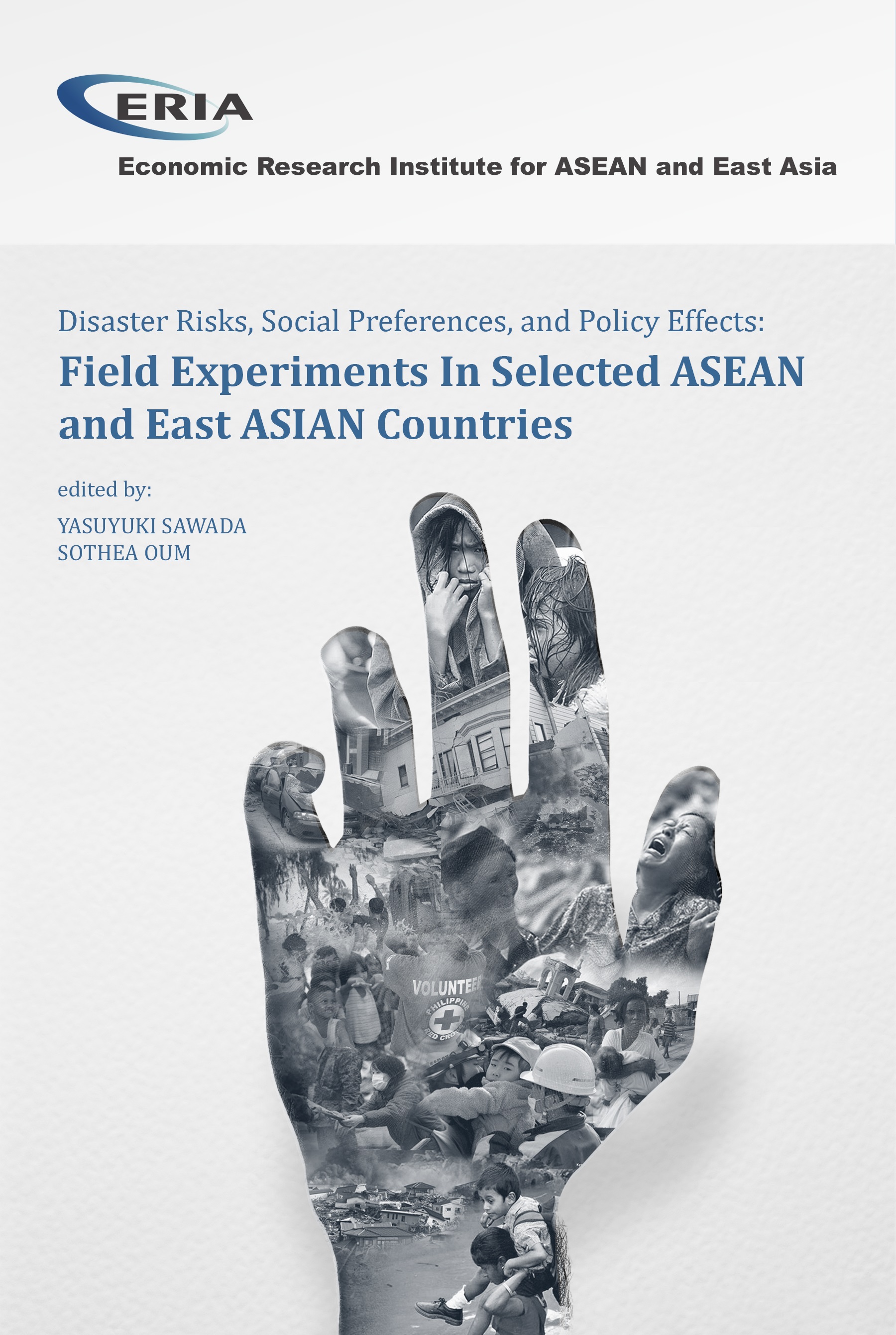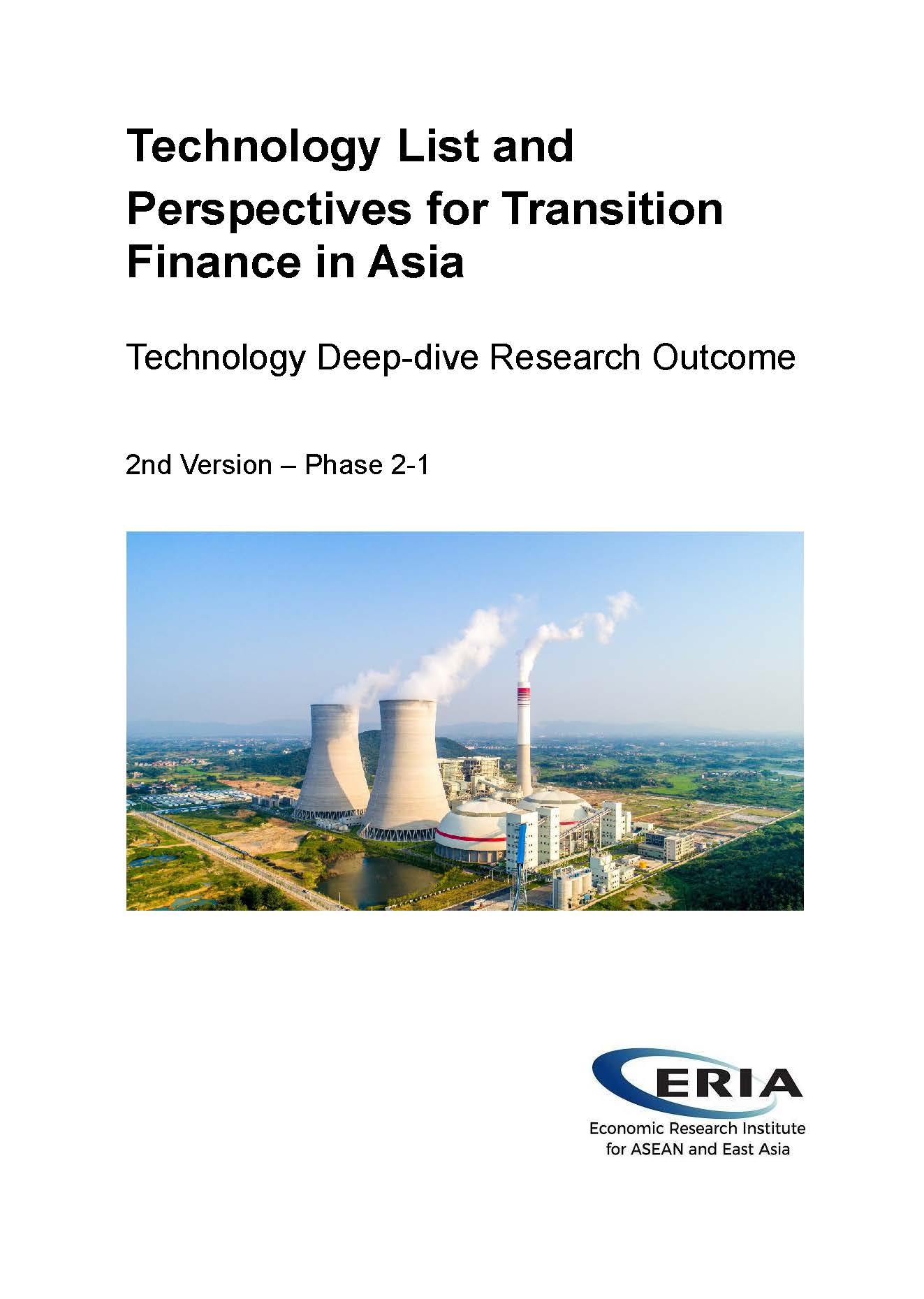Disaster Risks, Social Preferences, and Policy Effects: Field Experiments in Selected ASEAN and East Asian Countries

Date:
18 March 2015Category:
ASEAN, Lao PDR, Viet Nam, Disasters, Regulation and Governance, Social ProtectionType:
Research Project ReportsTags:
disasters, Social Protection, Regulation and GovernancePrint Article:
In preparation for or the aftermath of a disaster, a variety of market and non-market mechanisms are indispensable for people to maintain their livelihood. Market insurance mechanisms include mechanisms through direct insurance markets as well as indirect mechanisms based on credit, labor, and other market transactions. Since market insurance mechanisms are still weak, especially against damage caused by disasters, governments and communities can play important roles in strengthening overall insurance mechanisms. The state can provide public insurance schemes and social protection programmes. Community-based informal insurance mechanisms can also make up for a lack of formal insurance schemes.
To strengthen market, state, and community insurance mechanisms, it is critical to have a strong grasp of the roles of individual and social preferences. This report aims to produce the academic foundations of the nexus between a disaster and individual/social preferences, and to fill in the remaining large gap in the literature on behavioural impacts of disasters by investigating two issues: first, whether and how a disaster affects preferences; and second, how preferences determine the vulnerability and resilience against damage caused by a disaster. Findings from this study provides important policy implications for better insurance mechanisms at community, national, and regional level, generating inputs for high-level forums of the Association of Southeast Asian Nations (ASEAN) and East Asia.
Full Report
Contents
Chapter 5. Time Preference, Risk and Credit Constraints: Evidence from Viet Nam
Chapter 9. Risk Preference of Managers and Firm Investments in Lao PDR




